Iran dismisses ‘baseless’ reports on troop deployment on Azerbaijan border
Iran has dismissed as “baseless” reports about the deployment of its troops on the northern border with Azerbaijan under the current tense circumstances in the South Caucasus.
Deputy Chief of Staff of the Iranian Armed Forces for International Cooperation Brigadier General Mohammad Ahadi addressed the allegations during an interview to Azerbaijani Press Agency (APA) on Sunday. The senior military official, leading an Iranian military delegation, was in Baku to participate in the Azerbaijan-Iran Joint Commission meeting.
These are “completely groundless” reports, he said, playing down suggestions that Iran sought to dispatch forces for engagement in a possible war between Azerbaijan and Armenia.
Iran and Azerbaijan enjoy “very good” relations, he said.
Chief of Staff of the Iranian Armed Forces Major General Baqeri and Azeri Defense Minister Colonel General Zakir Hasanov recently held a phone conversation over the situation in the region.
On Saturday, the Azerbaijani defense minister received the Iranian delegation and discussed the reconstruction work undertaken in the liberated territories under the leadership of Azerbaijan's President and Commander-in-Chief of the Armed Forces Ilham Aliyev and the operational situation on the Azerbaijani-Armenian conditional border and in the Karabakh economic region.
During the meeting, the sides also exchanged views about the prospects for the development of military cooperation, regional security, and other issues of common interest.
In a phone conversation with Armenian Prime Minister Nikol Pashinyan on Saturday, President Ebrahim Raeisi said Iran was ready to play an effective role in preventing new clashes and any geopolitical change in the disputed Caucasus region of Nagorno-Karabakh.
The president reiterated Iran's support for the territorial integrity of all regional countries.
Located in the South Caucasus, the landlocked region of Nagorno-Karabakh has been at the center of a dispute between Azerbaijan and Armenia for more than three decades. Since gaining independence from the former Soviet Union in 1991, the two neighboring countries have fought two wars, in 1994 and 2020, over the mountainous territory.
Karabakh, while acknowledged as a part of Azerbaijan by the international community, has a predominantly Armenian population that has persistently opposed Azerbaijani governance since a separatist war in 1994.
Tensions remain high and skirmishes along the shared border are a regular occurrence despite mediation efforts by the European Union, the United States and Russia.
Israel preparing to stay in southern Lebanon after ceasefire: Report
Israeli pressure on Hamas ‘hardly helped’; swap deal necessary: Ex-Mossad chief
Far-right Israeli minister Ben-Gvir again storms al-Aqsa Mosque
Iran: Israel’s attack on journalists’ vehicle in Gaza amounts to ‘war crime’
VIDEO | Israel’s war spending
Palestine Action wins again
VIDEO | Palestinian Authority's blockade of Jenin refugee camp reaches third week
Dec. 25: ‘Axis of Resistance’ operations against Israeli occupation


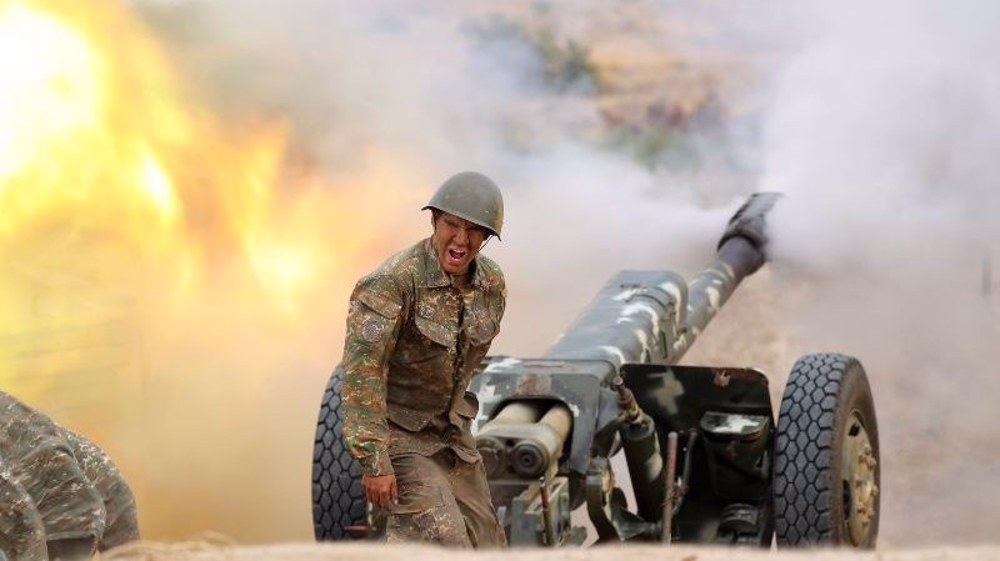
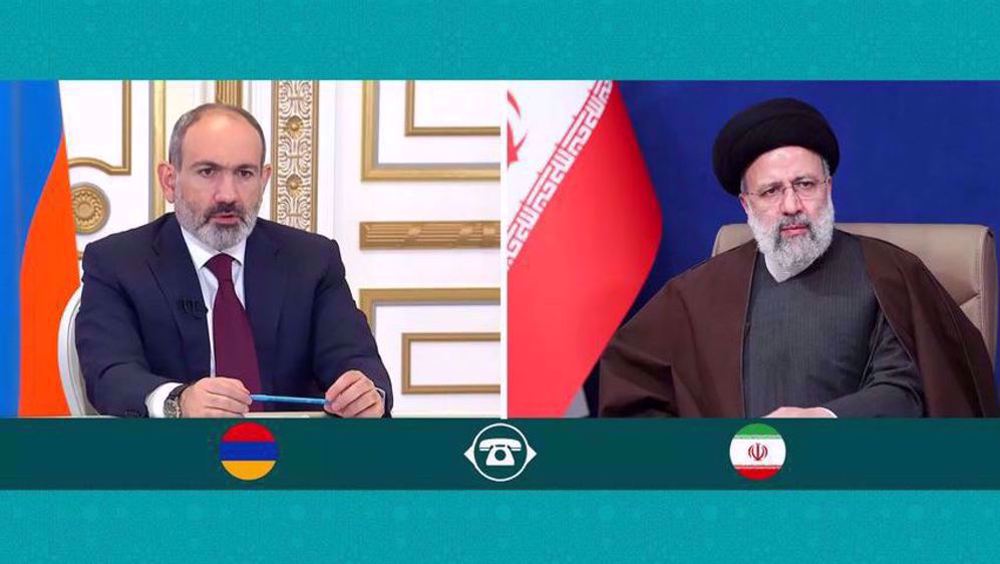
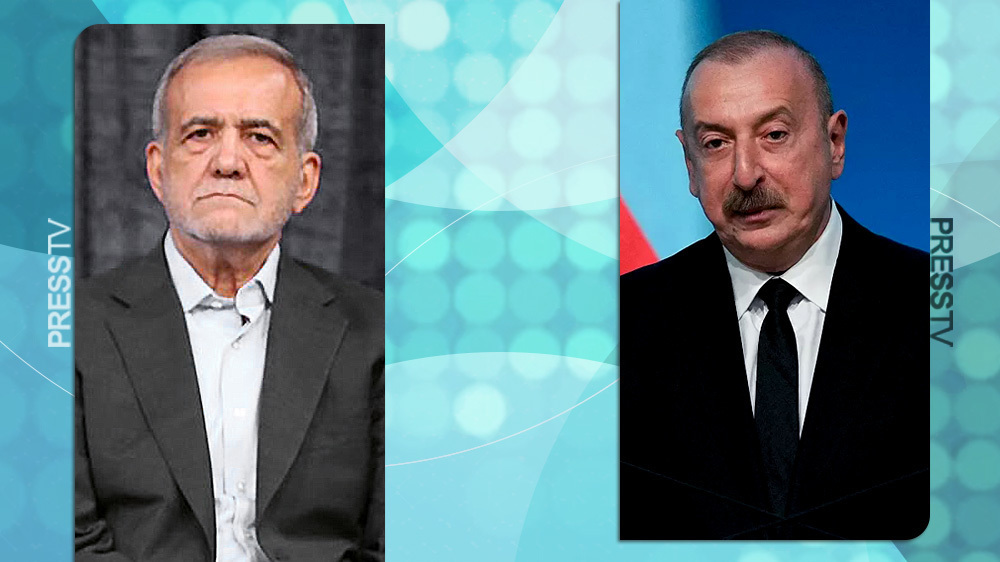
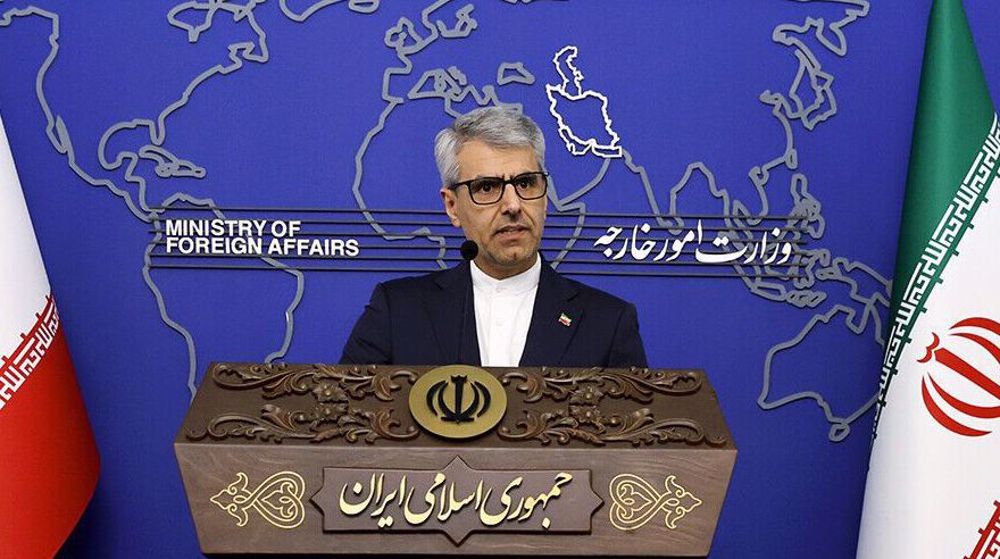
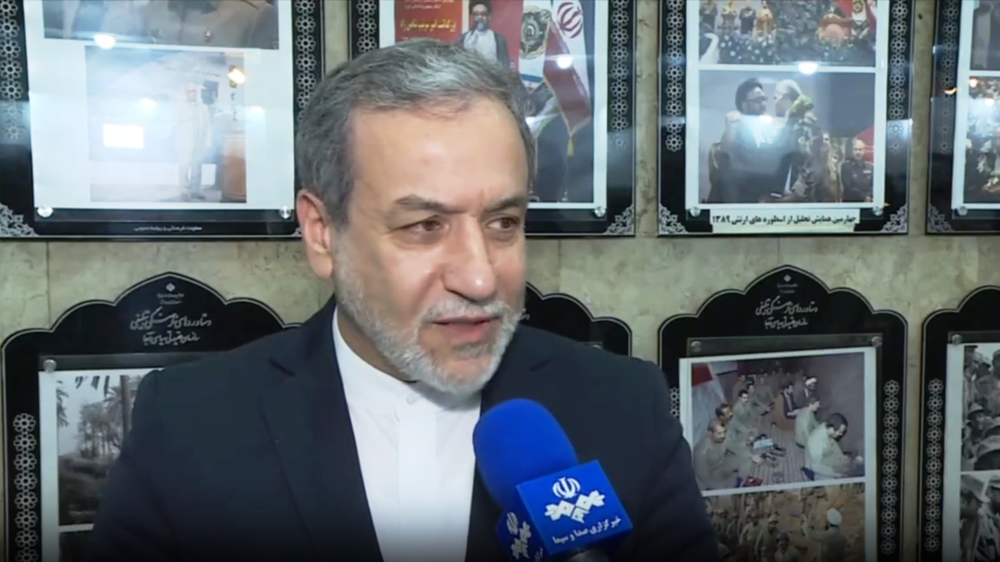




 This makes it easy to access the Press TV website
This makes it easy to access the Press TV website